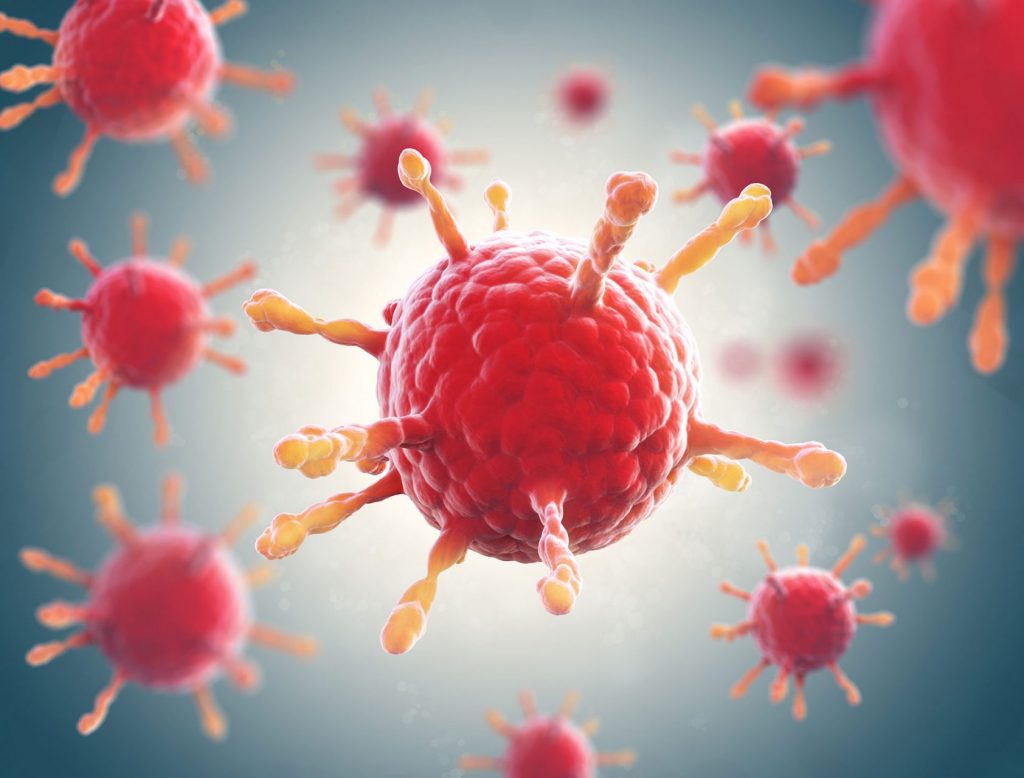Coronavirus tests have entered our lives suddenly in the last year of the pandemic, with information about their properties and characteristics bombarding us daily. Molecular, antigen tests, antibody tests, rapid and classic, are terms with which we are called not only to get acquainted, but also to clarify this unprecedented health crisis, so that we know which is the most appropriate and in which cases.
To the question “which coronavirus test should I choose” it is good not to answer alone, but the answer should be given by your doctor. In any case, it is advisable to know the characteristics of each.
Today, there are three categories of tests available to detect SARS-CoV-2: the molecular test, the antigen test and the antibody test, which differ in the areas of sensitivity / specificity, method of application, efficacy, but also of reliability.
PCR Test
The molecular test has the highest sensitivity and specificity of all tests. The term sensitivity refers to the percentage of actual positive samples that it detects as positive and the term specificity refers to the percentage of actual negative samples that it detects as negative. This means that a test with high specificity and sensitivity, has reduced chances of false negative and false positive results.
The molecular test is ideal for individual examination, and is the most appropriate way to detect the virus in asymptomatic carriers. Therefore, when the diagnosis in an asymptomatic patient must be reliable, the molecular test is preferred, as well as when the contacts of a confirmed case must be tracked.
In the molecular test, which can be classical or rapid, the sample is taken from the upper respiratory tract. The classical molecular test has increased sensitivity compared to the rapid molecular test, while it can be applied to several samples simultaneously. At the same time, however, it requires more time to carry out and extract results, usually 24 hours. On the other hand, the fast molecular test gives faster results – in just a few hours and does not always have the possibility of mass application.
Antigen Test
The antigen test, which detects specific antigens of SARS-CoV-2, is characterized by its good specificity, but its reduced sensitivity. This translates, on the one hand, into a greater likelihood of false-negative results, because it requires a larger number of viral copies to work, which can mislead the patient, giving him the feeling that everything is fine and, on the other hand, an increased chance of false-positive results.
The antigen test is mainly applied to patients who have shown symptoms, at which time its sensitivity increases, but it is not preferred when the purpose is to detect cases and to track case contacts. It is also used in epidemiological studies, while helping to measure viral load in closed structures and in special conditions where speed is required, such as at airports. It is low cost and does not require a laboratory. To perform it, a nasopharyngeal smear is taken, i.e. a sample from the nose.
Antibody Test
Antibody test Investigates the immune response after a physical illness or vaccination. It is not recommended for the diagnosis of infection, but is usually recommended in epidemiological studies and its value is mainly research, while it can be used as an additional test for patients who have the disease and already have a negative molecular test or in cases of patients who have become ill. asymptomatic. In addition it can be used to control the level of reabsorption of the organism after vaccination by detecting specific instead of S1 antibodies. Blood sampling is required to perform it, since its sample is blood serum.
Sensitivity and specificity are two important parameters for the effectiveness of tests. In comparison of the three, the molecular test is what is considered the Gold Standard and meets most of the conditions in the fight against the pandemic, as, in addition to high sensitivity and specificity, it contributes catalytically to the traceability of transmission but also to the detection of suspicious cases with new mutations in the virus. Of course, the role of the antigen test should not be underestimated, not so much for individual diagnosis as in the general treatment of the pandemic and in particular in special circumstances. In any case, the decision for the test should be made in collaboration with the doctor, who will assess the clinical picture of the patient.


